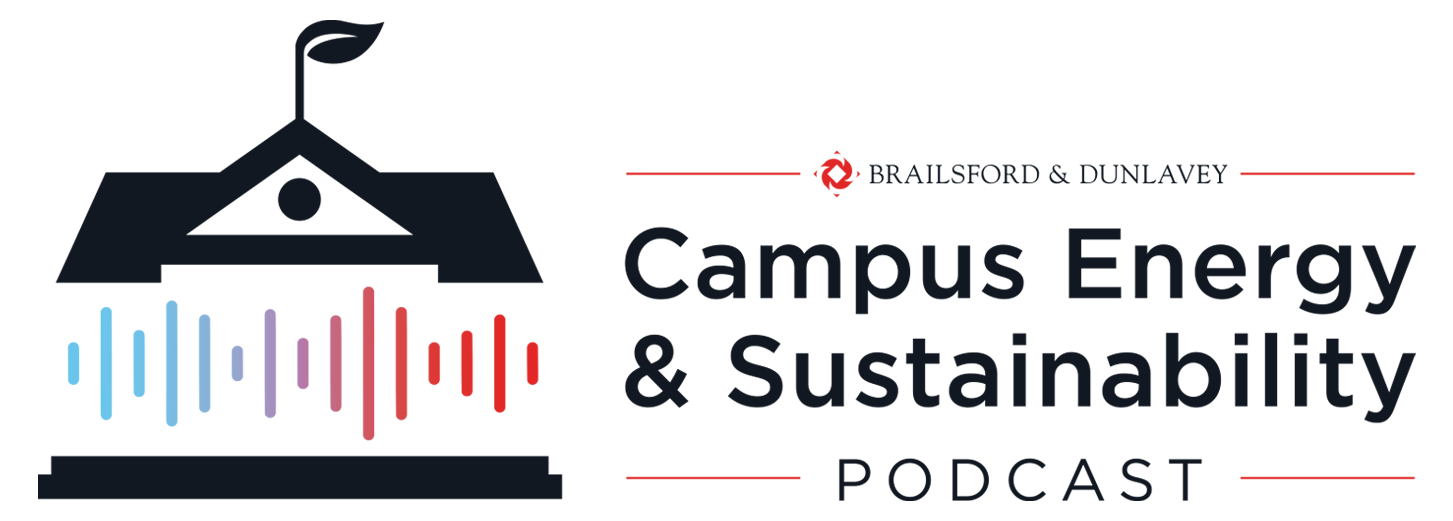Episode 46: Powering sustainability across California community colleges
In this episode, guest host Jillian Buckholz sits down with Carla Grandy, David Liebman, and Holly Bailey-Hofmann to explore the California Community Colleges Chancellor's Climate Fellows program. They dive into how this innovative program taps into internal talent to drive sustainability initiatives that go far beyond emissions reduction. Each fellow shares their unique roles and goals, spotlighting projects in curriculum development, community engagement, workforce initiatives, and campus facilities. Together, they emphasize the crucial role of leadership support and offer valuable tips for launching similar programs at other institutions. Don’t miss out on this insightful conversation about how the largest higher education system in the U.S. is paving the way for climate action!
Guests:
Carla Grandy
Senior Climate Fellow
California Community Colleges Chancellor’s Office
LinkedIn
David Liebman
Climate Fellow (Facilities)
California Community Colleges Chancellor’s Office
LinkedIn
Holly Bailey-Hofmann
Climate Fellow (Curriculum)
California Community Colleges Chancellor’s Office
LinkedIn
Host: Jillian Buckholz
Senior Associate & Sustainability Advisor
Brailsford & Dunlavey
Episode Transcript:
The following is an AI-generated transcript of this episode and may contain errors or omissions: Transcript




